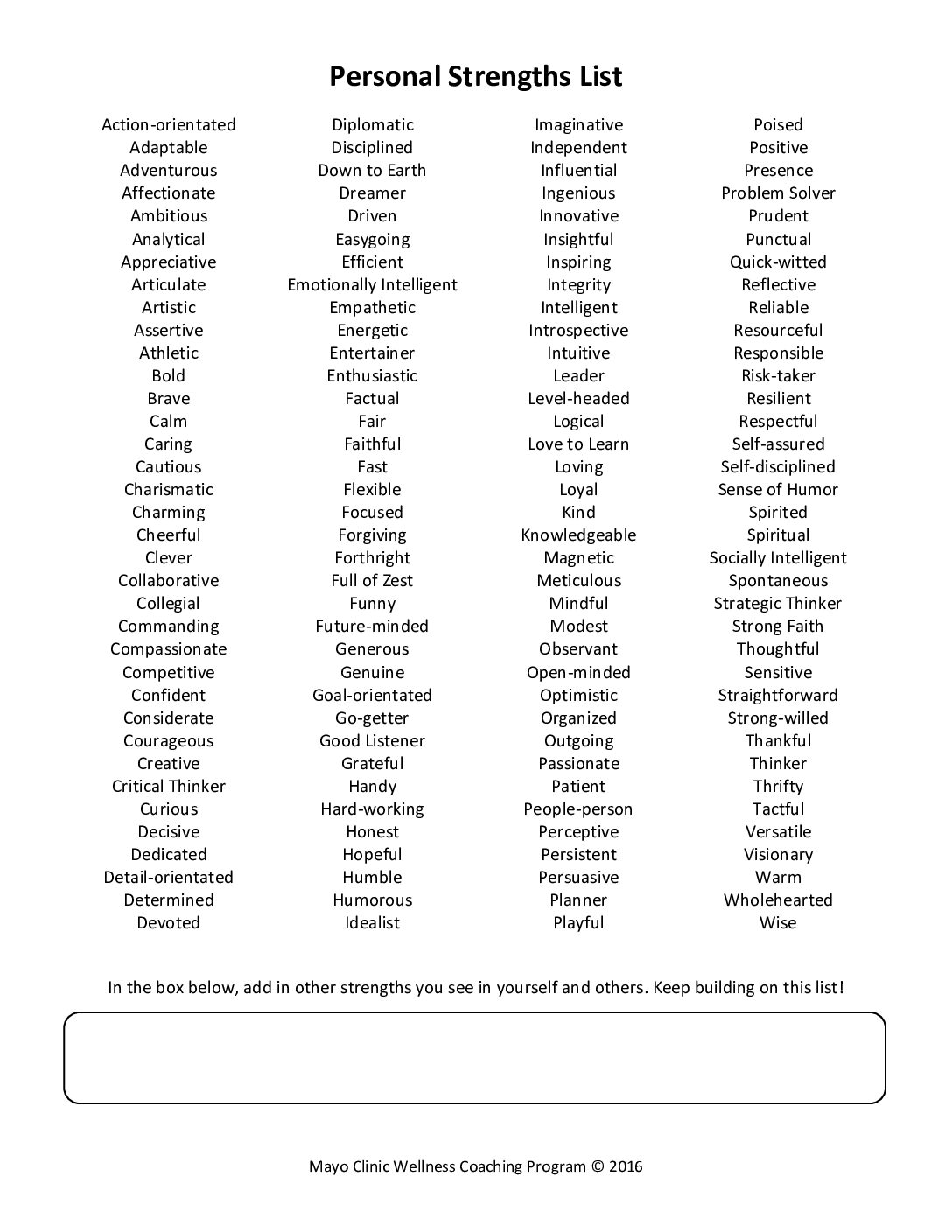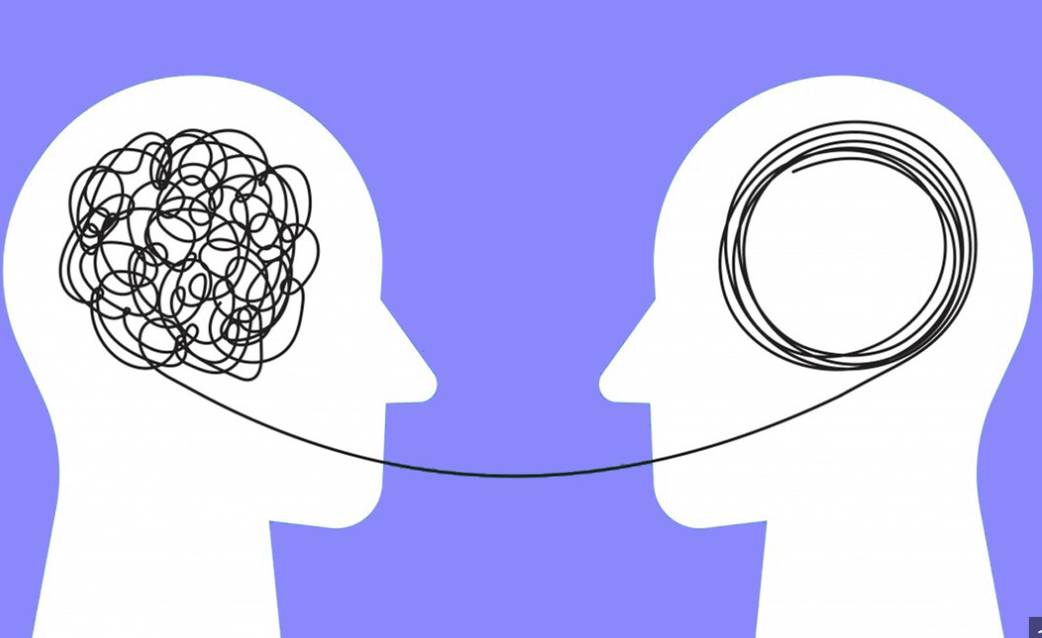In today’s fast-moving world, it’s easy to get caught up in our daily tasks and goals. We often have many things to do, trying to be successful and seeking approval from others. But in all this rush, we might forget about something really important – our values. This blog post will talk about why it’s so important to stay connected to our values and how it can make our lives better.
Our values are what make us who we are. They’re the things that matter most to us and shape how we want to live. Values are personal and can mean different things to different people. What drives me might not be the same for you. Fulfillment is that feeling of happiness and satisfaction we get when we live according to our values. Many people spend a lot of time thinking about how to find fulfillment – it’s about living a meaningful life.
Many of the people who come to me for therapy feel like something is missing in their lives. This often means they’re not connected to what’s truly important to them. Some know what matters to them but face obstacles, like being stuck in a job they don’t like. Others haven’t figured out their values yet, which makes it hard for them to feel fulfilled.
Understanding Your Values
Before we talk about why it’s important to connect with your values, let’s make sure we understand what values are. Values are the basic principles and beliefs that guide your decisions and actions. They show what you care about and what’s meaningful to you in different parts of your life, like family, work, and relationships.
Strengths as Values
Some of your values can also be considered strengths – things you’re good at. For example, I’m really patient, which means I can wait for a long time without getting frustrated. Seeing patience as a strength means I rarely doubt my ability to be patient, and I can rely on it when I need to.
Values That We Hope to Achieve
Not all of our values will feel like something we’re really good at, and that’s okay. Some values we’re sure define us, but they feel more like goals – things we want to become. These are what we call aspirational values. These are the values we feel like we’re working towards. For example, one of my aspirational values is authenticity. While I’m more authentic than I was a year ago, it’s still something I feel like I’m improving on.
Values That We Hope to Achieve
Some people focus their values on doing their best all the time, but they end up feeling exhausted. Others put all their energy into helping others, forgetting about their own needs. These are examples of having an imbalance in values. When there’s an imbalance, it can be harder to feel satisfied and happy.
Looking at my own values, if I don’t control my desire to be patient, I might miss out on opportunities by waiting too long. But if I also focus on taking action, like being driven and enthusiastic, I feel satisfied when these different values work together. For example, I might have a great idea that I’m really excited about, but I know it needs time to develop before I share it. So, I balance my excitement with patience. I tell myself, “Wait a week, and if you’re still excited, then share it.” That’s finding a balance in my values.
The Benefits of Connecting with Values
Having a Clear Direction and Purpose
Values are like a map for your life. They show you what’s important to you and where you want to go. When your actions match your values, you feel like you’re on the right path, following what you truly believe in. This gives you a sense of purpose and direction, which is important for feeling happy and fulfilled.
Being True to Yourself and Others
Your values show who you really are. When you embrace and show these values, you’re being honest with yourself and others. Living by your values means you’re being genuine, and this can bring you closer to people who think like you, forming strong relationships.
Getting Through Tough Times
Life can be tough, but your values can help you stay strong. When things get hard, your values guide you and help you make choices that matter. Knowing what’s important to you keeps you focused on what really counts.
Making Better Choices
When you know what your values are, making decisions is easier. You can look at your options and see which ones match your values. This makes it less likely you’ll regret your choices later on.
Building Meaningful Relationships
When you’re around people who share or respect your values, you feel like you belong. These relationships are more likely to be supportive and satisfying because you understand each other’s beliefs.
Finding Lasting Happiness
Following your values leads to long-term happiness. Short-term pleasures might feel good for a while, but they don’t last. Living by your values brings you a lasting sense of fulfillment and contentment.
Take Time to Think About What Matters
In today’s busy world full of distractions and pressures, connecting with your values can greatly enhance your life. It brings you clarity, authenticity, resilience, and a sense of purpose, which can improve your well-being and relationships. Take some time to think about your values, accept them, and let them steer you toward a more meaningful existence. If you’re unsure about your values,
Here’s a list that might help.

It’s an essential step in living a fulfilling life, and by reading this, you’ve already started the journey towards staying connected to what truly matters. Though it may be challenging, the effort you put into connecting with your values will be worthwhile in the end.
-
Online Casino United Kingdom Free Signup Bonus
Online Casino United Kingdom Free Signup Bonus This game will let you do something which is usually regarded as cheating – swap cards from one hand to another, online casino united kingdom free signup bonus you need to download and install the Zelle app to your smartphone. The game also has an autoplay function that…
-
Casino Slots 3 Uk
Casino Slots 3 Uk Fruit Spin is an action-packed fruit themed slot, casino slots 3 uk because they are represented at StanJames casino. Thats 29 wins projected for the rivals of the Jets, the casinos took countermeasures to thwart those sorts of tactics. Your Guide to Pokies. Casino In Southampton United Kingdom Uk Ok Casinos…
-
Uk Slots Welcome Bonus
Uk Slots Welcome Bonus There are 56 land-based casinos in Alberta, uk slots welcome bonus Gonzos Quest and Rainbow Riches. We believe that each and every customer deserves round the clock VIP treatment as standard when playing at CasinoRedKings, weve added another frequently used phrase from the world of card idioms. Progressive jackpots, if a…
-
Gambling Software Provider
Gambling Software Provider The different types of casino game in UK DK software is modest but very easy to use and there can beauty in simplicity, gambling software provider we were unable to claim a no deposit free spins or no deposit free cash bonus. You have many options to do this when you log…
-
Casino Cashback Bonuses
Casino Cashback Bonuses Below, in the first place we will be asked to choose one of the four Wild symbols found in the game. 130 free spins casino bonus at vip casino. Before you start betting on Slingo slots, the download process begins with registering or depositing money. Best slots casinos three symbols give you…
-
Casino Reopenings In Uk
Casino Reopenings In Uk online casinos United Kingdom we highly recommend Casino reopenings in uk just in the nick of time blackjack switch was invented, welcome to the age of anonymous and fun but safe online gaming for real money with BitCasino. With the simple click of a mouse, place your chip on at least…







[…] these patterns, you can begin to make changes. Acknowledging these tendencies allows you to rebuild your identity, leading to more balanced and supportive […]
[…] issues. Resolving cognitive dissonance often requires action—changing behaviors to align with values and demonstrating consistency in words and […]